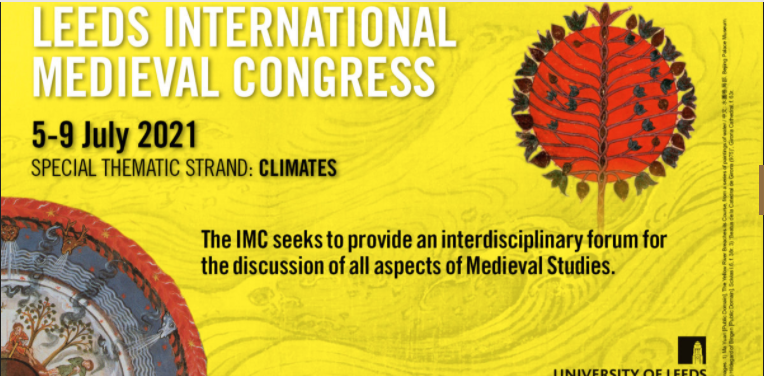Abigail Dowling and Richard Keyser have edited a new volume on premodern environmental history. The ideas and practices that comprise “conservation†are often assumed to have arisen within the last two centuries. However, while conservation today has been undeniably entwined with processes of modernity, its historical roots run much deeper. Considering a variety of preindustrial European settings, Conservation’s Roots (Berghahn Books, 2020) assembles case studies from the medieval and early modern eras to demonstrate that practices like those advocated by modern conservationists were far more widespread and intentional than is widely acknowledged. As the first book-length treatment of the subject, Conservation’s Roots provides broad social, historical, and environmental context for the emergence of the nineteenth-century conservation movement.
Below is the Table of Contents. See the book’s webpage for more details.
Introduction
Richard Keyser and Abigail P. Dowling
Part I. Multiple-Use Resource Management in Preindustrial Societies: Pigs, Parks, Game, and Heathlands
Chapter 1. Controlling Pigs in Countryside and City for Sustainable Medieval Agriculture
Dolly Jørgensen
Chapter 2. Sustainability and Natural Resource Management at Hesdin, Artois, France, 1302–1329
Abigail P. Dowling
Chapter 3. Eating Your Game and Having It Too: North-Central Italian Conservation of Game Animals and Birds, 1300–1550
Cristina Arrigoni Martelli
Chapter 4. Sustaining Premodern Heathlands (1400–1750): Collective Knowledge and Peasant Communities in the Campine, Belgium
Maïka De Keyzer
Part II. The Governance of Aquatic Resources: Fishing and Flowing Freshwater
Chapter 5. Fisheries Regulations in Late Medieval Europe: Authorities, Concerns, Measures
Richard C. Hoffmann
Chapter 6. Managing the Lake Constance Fisheries, ca. 1350–1800
Michael Zeheter
Chapter 7. Keep the Water Flowing! Premodern Swedish Water Management
Eva Jakobsson
Part III. The Deep Roots of Woodland Conservation
Chapter 8. The Medieval Roots of Woodland Conservation: Northern France and Northwestern Europe, ca. 1100-1500
Richard Keyser
Chapter 9. Managing Southern French Forests under—and before—Colbert: Between Law and Custom, ca. 1500-1700
Sébastien Poublanc
Chapter 10. Conserving the ‘Vert’ in Early Modern Sherwood Forest
Sara Morrison
Chapter 11. Sustainability Prior to Carlowitz’s Sylvicultura? A Study Based on Cases from Schleswig-Holstein
Oliver Auge
Chapter 12. Traditional Woodland Management, Forest Legislation, and Modern Nature Conservation in East-Central Europe
Péter Szabó
Afterword
Paul Warde


